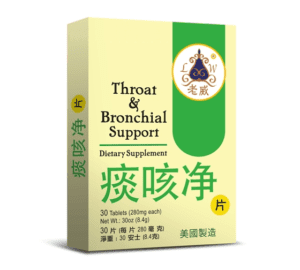Your cart is currently empty!
Wu Bei Zi
English Name: nut galls, Chinese nut galls
Pharmaceutical Name: Galla Chinensis
Medica Category: Astringent Herbs
Properties: Wu Bei Zi enters the Lung, Large Intestine, and Kidney channels; it is salty and sour in natute and cold in temperature.
What is Wu Bei Zi?:
The Chinese Herb Wu Bei Zi is dried gall that is harvested from various species of sumac trees in China (Rhus chinensis Mill.; and three others). The trees become infested with a certain species of aphid, which in turn produce a kind of abnormal, exterior growth on the surface of the tree called a gall (roughly analogous to a wart on a person). These galls are oblong in shape, smooth in texture, and sandy brown in color; they are harvested and cooked for use as medicine.
Traditional Chinese Medicine (TCM) Therapeutic Actions of Wu Bei Zi:
Wu Bei Zi binds the intestines to address chronic diarrhea, dysentery, and rectal prolapse.
Wu Bei Zi contains the leakage of Lung qi and clears deficiency heat and is used in this regard to address chronic cough with blood-streaked sputum.
Wu Bei Zi enters the Kidney channel where it consolidates jing (essence) to address various manifestations of Kidney deficiency that present as leakage suck as spermatorrhea, nocturnal emissions, polyuria (with copious white or turbid urine), enuresis, and irritability with a dark, dull complexion.
Wu Bei Zi (applied topically to the umbilicus as a paste) addresses spontaneous sweating and night sweats.
Wu Bei Zi is astringent and stops bleeding in a variety of presentations, such as uttering bleeding, hematochezia, hematuria, bleeding gums, and epistaxis. It can be used internally or topically for this purpose.
Wu Bei Zi is used topically to eliminate toxins and reduce swellings in sores, carbuncles, and ulcerated lesions that are oozing fluids.
–safety/clinical notes:
Use with caution in cases of excess, heat, accumulation, or stagnation.
Wu Bei Zi has a strong binding affinity and may physically bind to substances to form a large molecule that cannot be absorbed into the body; therefore, use of this herb and the ingestion of pharmaceutical drugs should be separates by at least two hours.


